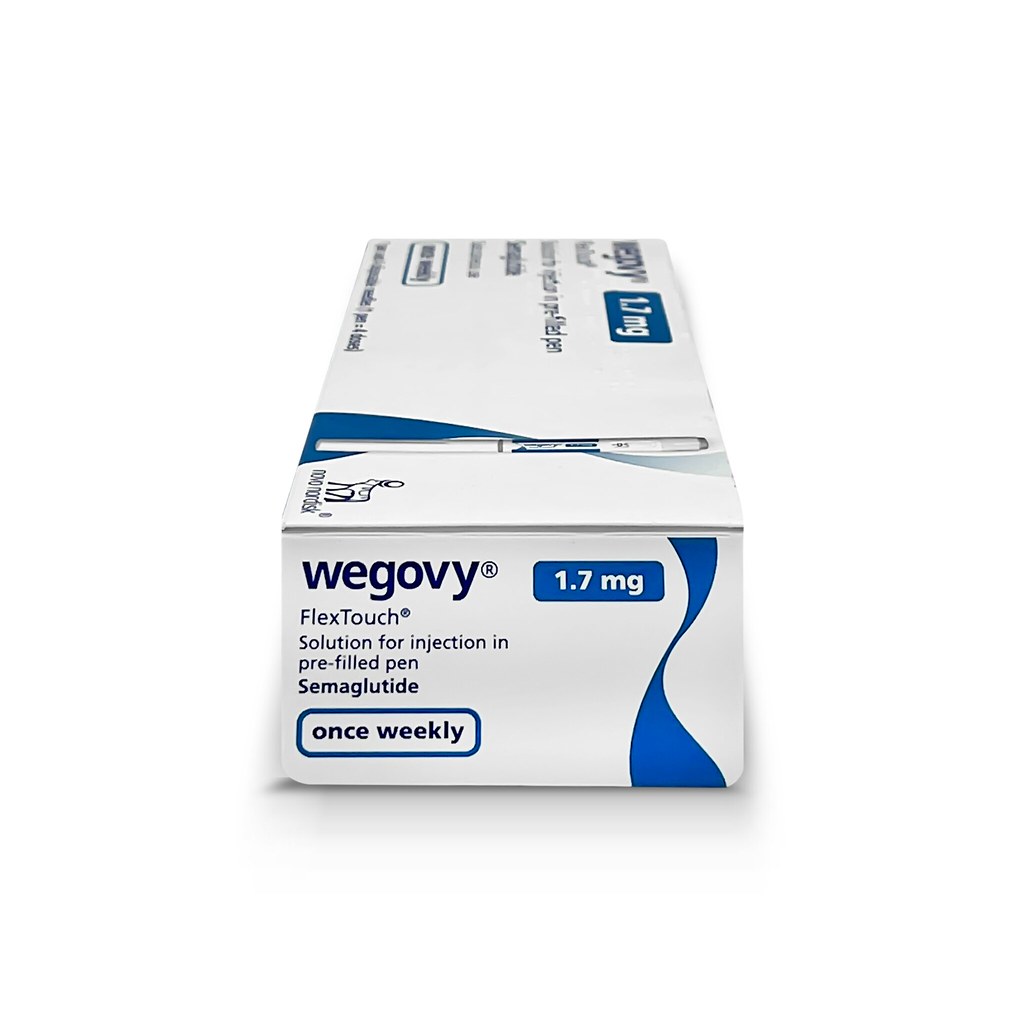
The Trump administration announced Friday that it is not moving forward with a Biden-era proposal that would have expanded coverage of costly anti-obesity drugs to more than 7 million Americans on Medicare or Medicaid.
The Centers for Medicare and Medicaid Services (CMS) did not explain why it was not finalizing the proposal, which the Biden administration unveiled in November. However, the agency stated that it may consider future policy options for anti-obesity medications “pending further review of both the potential benefits of these drugs including updated clinical indications, and relevant costs including fiscal impacts on stakeholders such as state Medicaid agencies.”
Political Divides and Costs
New U.S. Health and Human Services Secretary Robert F. Kennedy Jr. has previously voiced strong disapproval of these medications, although his new CMS administrator, Dr. Mehmet Oz, frequently endorsed anti-obesity drugs on his television show and social media. Expanding coverage, however, would have been expensive, and the Trump administration, alongside Elon Musk’s Department of Government Efficiency, has focused on slashing federal spending.
Under the proposed rule, 3.4 million Medicare beneficiaries and about 4 million Medicaid recipients would have gained access to these medications. The Biden administration had planned to reinterpret Medicare’s statutory restrictions to allow coverage for the treatment of obesity as a chronic disease, as about 22% of Medicare enrollees were diagnosed with obesity in 2022—more than double the rate a decade ago. This reinterpretation would also have applied to Medicaid, meaning these medications could not be excluded from coverage when used to reduce excess body weight and maintain long-term weight reduction for treating obesity.
Currently, 13 states cover GLP-1 medications for obesity treatment, according to KFF, a nonprofit health policy research organization. However, the federal expansion would have cost Medicare an estimated $25 billion over a decade. Broadening Medicaid coverage would have cost the federal government $11 billion and states $3.8 billion over the same period. The National Association of Medicaid Directors raised significant concerns about the fiscal impact of this proposal in a letter to CMS in late January.
Rising Access Despite Halted Proposal
Even though the Trump administration has dropped the proposal, a growing number of Medicare and Medicaid beneficiaries are gaining coverage of the drugs, said Rachel Sachs, law professor at Washington University. This is due to the medications gaining approval for other conditions, such as heart disease and sleep apnea. However, the drugs remain out of reach for many beneficiaries due to their high cost. The list price for Wegovy, for instance, is nearly $1,350 for a four-week supply, although the manufacturer, Novo Nordisk, offers various discounts. Zepbound’s list price is over $1,000, but Eli Lilly offered starter doses between $399 and $529 last year.
“We’re just back to the status quo, which is people on Medicare who need these drugs or want these drugs need to pay for them out of pocket,” said Juliette Cubanski, deputy director of KFF’s Program on Medicare Policy. “And given the high cost, that may be, for many people with Medicare, prohibitive in terms of access.”
What The Author Thinks
The decision to halt the expansion of Medicare and Medicaid coverage for anti-obesity drugs highlights a broader issue in healthcare—accessibility. While concerns over fiscal impact are valid, they overlook the long-term costs of denying treatments that could improve health outcomes and reduce future healthcare expenditures. Denying coverage for these drugs only keeps them out of reach for those who need them most, making it harder for vulnerable populations to get the care they deserve.
Featured image credit: Chemist4U via Flickr
Follow us for more breaking news on DMR
